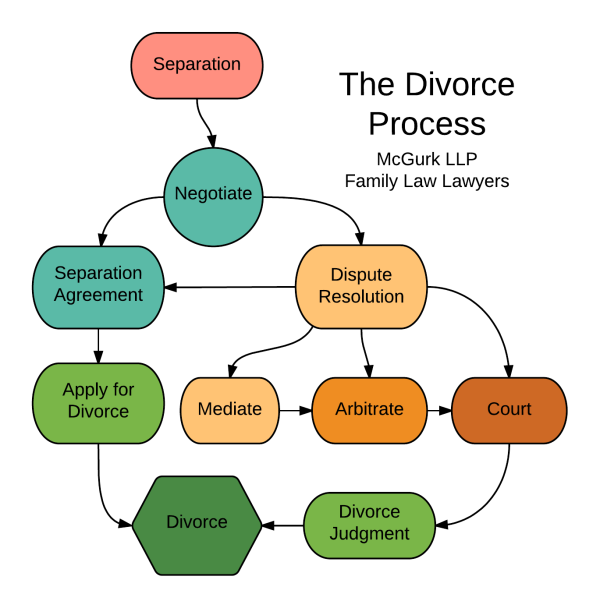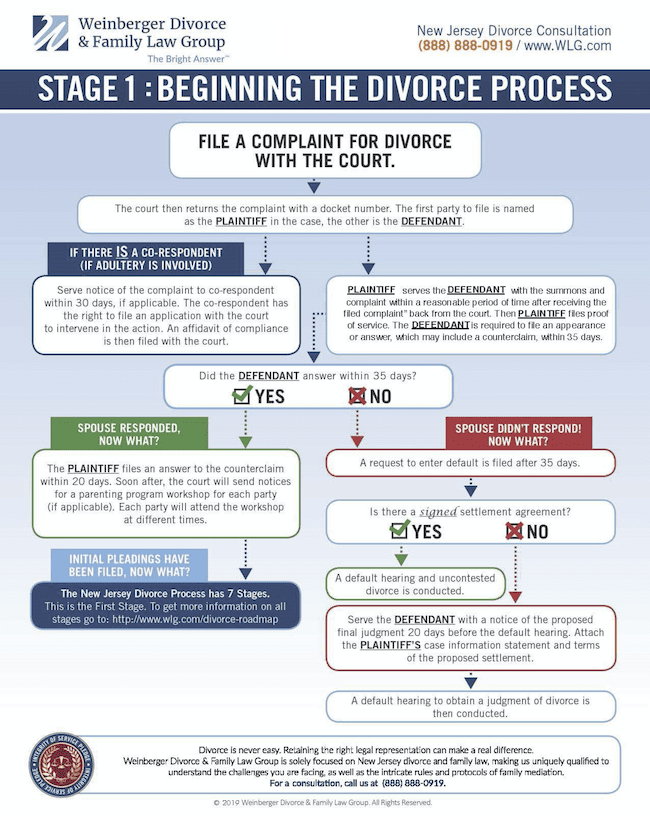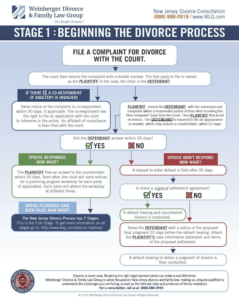Divorce laws are continually evolving to reflect societal changes and address the complexities of modern relationships. In 2024, several key changes in divorce laws are set to take effect. Understanding these changes is crucial for anyone going through a divorce or contemplating one. This article will outline the significant updates and provide insights into the divorce process in 2024.
1. Introduction of No-Fault Divorce Nationwide
One of the most notable changes for 2024 is the nationwide implementation of no-fault divorce. Previously, some states required spouses to prove fault, such as adultery or cruelty, to obtain a divorce. With the new law, couples can now file for divorce without assigning blame, citing irreconcilable differences as the reason. This change aims to reduce the adversarial nature of divorce proceedings and make the process less emotionally taxing.
2. Streamlined Divorce Procedures
The divorce process in 2024 is set to become more efficient, thanks to the introduction of streamlined procedures. Courts will adopt electronic filing systems, allowing couples to submit documents online. Additionally, virtual hearings and mediations will become more common, reducing the need for in-person court appearances. These changes are designed to expedite the divorce process and reduce the backlog of cases in family courts.
3. Enhanced Child Support Guidelines
Child support laws are also undergoing significant revisions. In 2024, enhanced guidelines will ensure that child support payments are more accurately calculated based on the actual costs of raising a child. The new guidelines will consider factors such as healthcare, education, and extracurricular activities. This change aims to provide more financial stability for children of divorced parents.
4. Spousal Support Modifications
Changes to spousal support, or alimony, are another key aspect of the 2024 divorce law updates. The new laws will introduce more flexible spousal support arrangements, allowing for temporary, rehabilitative, or permanent support based on the length of the marriage and the financial circumstances of both parties. These modifications aim to create fairer outcomes and reduce disputes over alimony.
5. Property Division Reforms
Property division in divorce cases will see reforms to address issues of fairness and equity. The new laws will provide clearer guidelines on the division of marital assets and debts. Courts will have more discretion to consider factors such as each spouse’s contribution to the marriage and future earning potential. These reforms are intended to ensure a more balanced distribution of assets and minimize conflicts.
6. Increased Focus on Mediation and Alternative Dispute Resolution
Mediation and alternative dispute resolution (ADR) methods will play a more prominent role in the divorce process in 2024. Courts will encourage couples to resolve disputes through mediation before resorting to litigation. ADR methods are generally less adversarial and more cost-effective, helping couples reach amicable agreements and reducing the burden on the court system.
7. Greater Protections for Victims of Domestic Violence
The 2024 divorce law changes also include enhanced protections for victims of domestic violence. These protections will ensure that victims have access to resources such as emergency restraining orders, safe housing, and financial support. Courts will also be more vigilant in considering the impact of domestic violence on child custody arrangements, prioritizing the safety and well-being of affected family members.
8. Simplified Process for International Divorces
With the increasing globalization of society, international divorces have become more common. The new laws for 2024 will simplify the process for couples with international ties, addressing issues such as jurisdiction, child custody, and the enforcement of foreign divorce decrees. These changes aim to make international divorces less complicated and more predictable.
9. Enhanced Support for Post-Divorce Life
The 2024 changes will also include provisions for post-divorce support, helping individuals transition to their new lives. This support will include access to counseling services, financial planning assistance, and career development programs. By providing resources to help individuals rebuild their lives after divorce, the new laws aim to reduce the long-term negative impact of divorce.
10. Increased Public Awareness and Education
Finally, there will be a concerted effort to increase public awareness and education about the new divorce laws. Government agencies and non-profit organizations will provide informational resources and workshops to help individuals understand their rights and responsibilities under the new laws. This initiative aims to empower individuals with the knowledge they need to navigate the divorce process effectively.
Conclusion
The changes to divorce laws in 2024 represent a significant shift towards a more modern and compassionate approach to divorce. By introducing no-fault divorce nationwide, streamlining procedures, and enhancing support for children and victims of domestic violence, the new laws aim to make the divorce process more equitable and less contentious. Understanding these changes is essential for anyone going through a divorce, as they will have a profound impact on how divorce cases are handled in the future. As society continues to evolve, so too will the laws that govern our most personal relationships, reflecting a commitment to fairness, efficiency, and the well-being of all parties involved.





